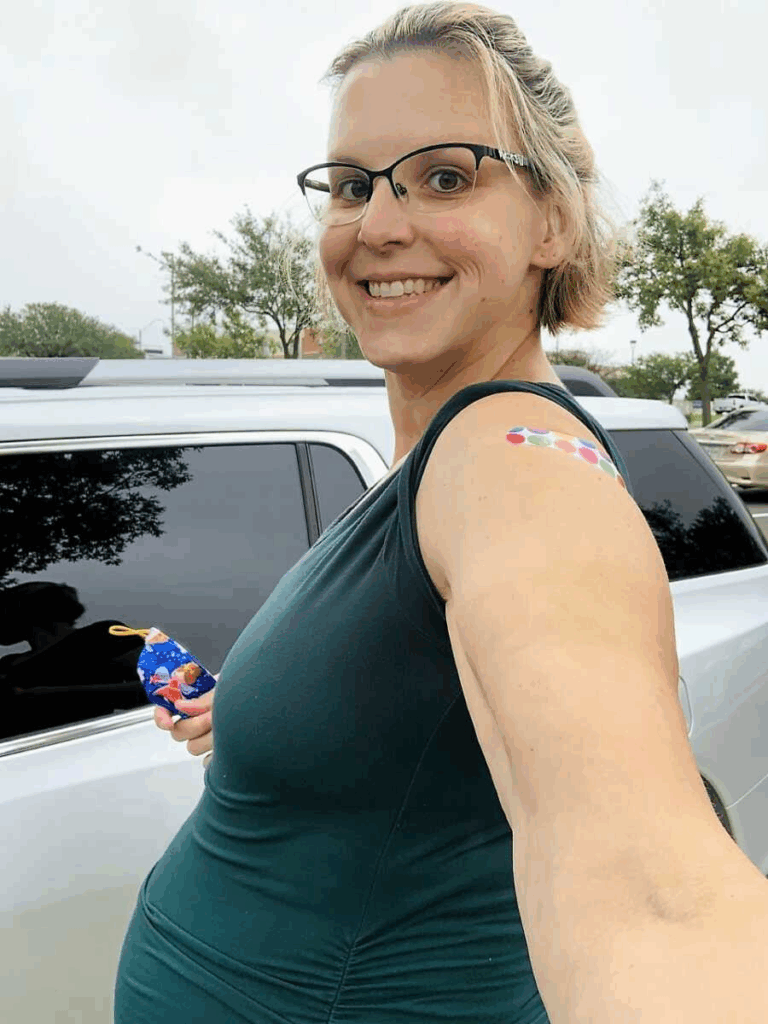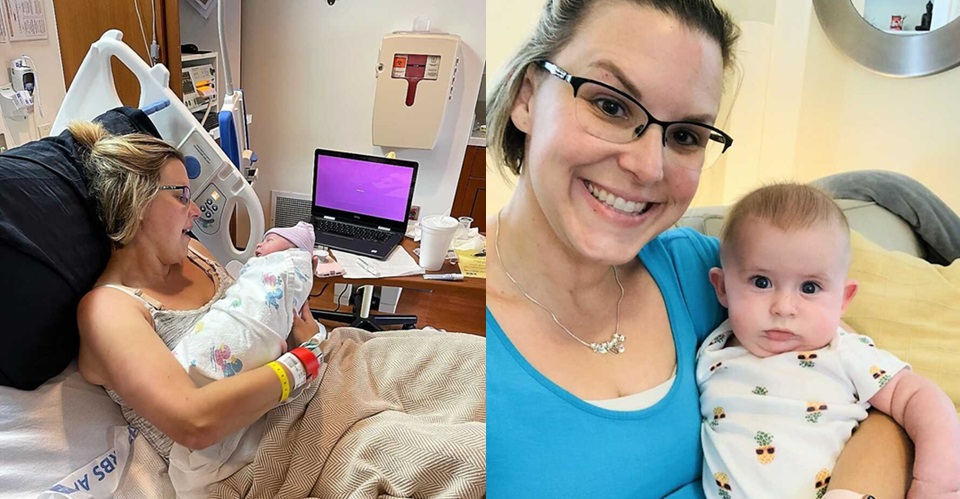She didn’t give away a baby, she gave a family its missing piece, carrying love from one heart to another and proving there’s more than one way home. She lives in Austin with her husband and two little ones, but the seed for surrogacy was planted years before her own babies. A close friend had struggled to conceive, and in a half-joking, fully loving moment, she’d said, “I’ll have your baby if you can’t.” It never came to that, but the thought stayed with her. Her daughter arrived against the odds, a surprise while on birth control, and despite being labeled high-risk, the pregnancy was smooth.
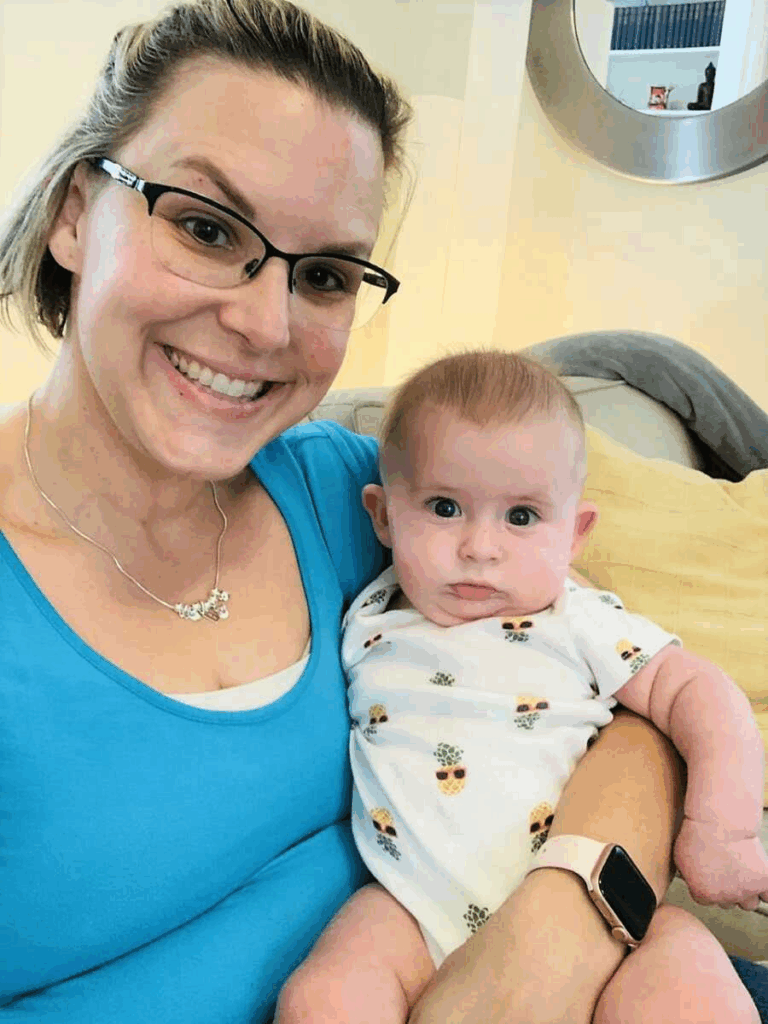
At a size 24, she assumed surrogacy would never be an option. Then she chose weight-loss surgery when her daughter was 14 months old, shed 130 pounds, and soon conceived her son with ease. No IVF, no losses, no gestational diabetes. She felt lucky and aware that many women would trade places in a heartbeat. After her son’s birth, she and her husband closed their own chapter (tubes tied, vasectomy done), and she quietly opened another tab in her mind: help someone else become a parent.
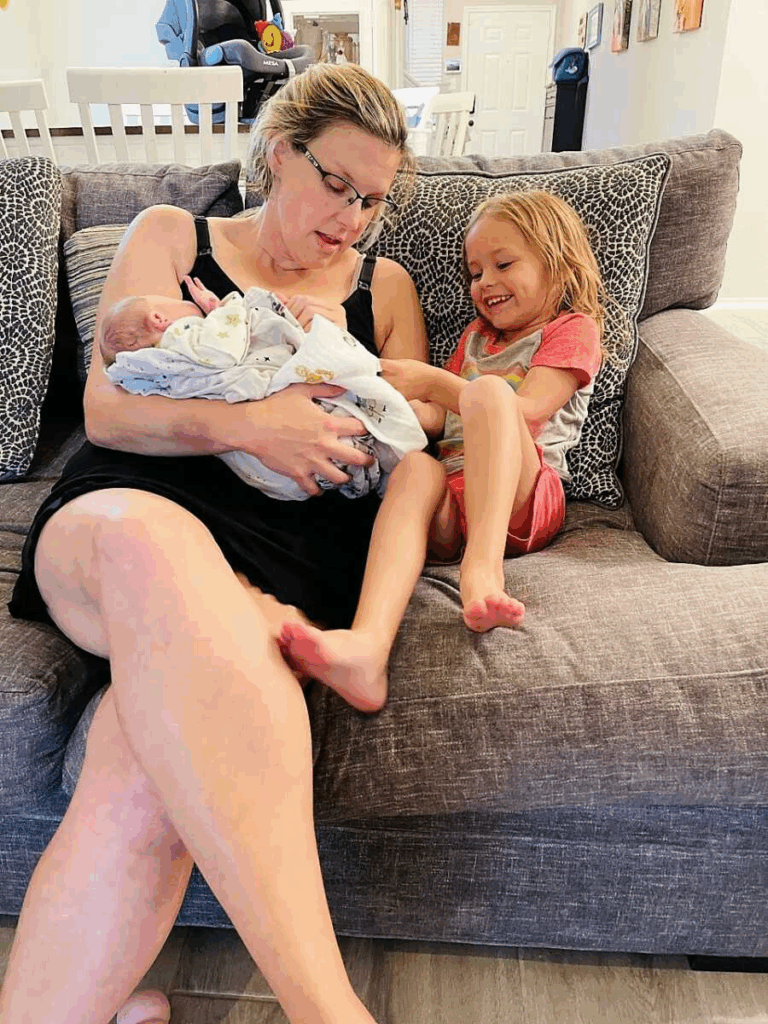
She joined surrogacy groups, asked questions, and waited out the six months postpartum. The day she was approved, she cried. She weaned her son, waited for her cycle, and told the agency what her heart wanted: to carry for a married same-sex couple. She wanted her kids to grow up seeing many kinds of families as usual, loved, and celebrated. Profiles arrived, real people with real hopes. She matched with two dads in D.C. who had already known loss with a previous surrogate. There were evaluations, lawyers, and a thirty-page contract covering everything from compensation to worst-case medical decisions. One clause, under Texas law, spelled out that if she were ever declared brain dead, her body would be sustained to protect the baby. Heavy, yes, but she’d risked her life for her children; this felt like the same kind of love.
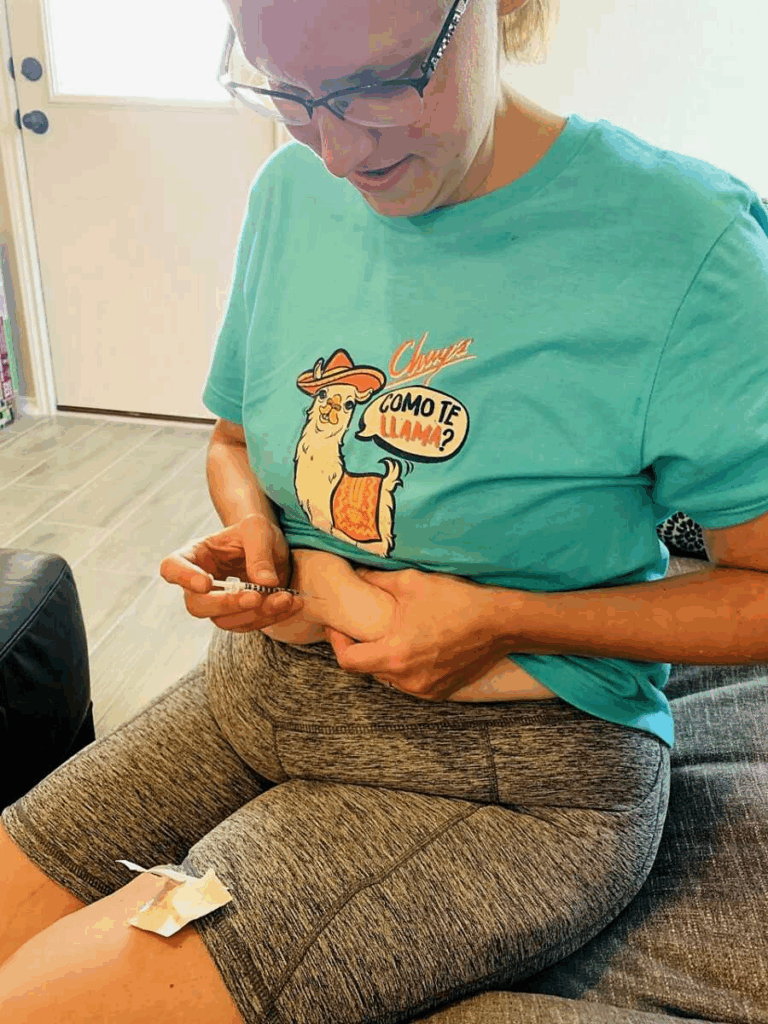
In October 2020, during a pandemic, she and her husband flew to meet the dads. Three hours of dinner later, nerves gave way to ease. She’d already started IVF meds, estrogen pills, Lupron to quiet ovulation, and later progesterone shots to ready her lining. The dads had created and tested embryos years earlier through a known donor. They selected one. She went alone to the transfer because of COVID restrictions; a poppy-seed-sized embryo slid through a catheter into her uterus. PUPO, pregnant until proven otherwise.
Four days later, a faint line. Then darker. Betas rose beautifully. She FaceTimed the dads at every ultrasound while her OB, who’d delivered her own babies, cheered from the exam room. She sent bump photos, texted cravings, and tried to catch little kicks on video. At 25 weeks, she met the dads for lunch; the baby played shyly and wouldn’t move on cue, even after lunges in a bathroom. Close to delivery, the dads flew to Austin. Hospital rules allowed only one person in the OR, but staff bent the policy for this family; both dads and her husband stood by as their son entered the world. They held him right away. She met him a few hours later, full of relief and pride.
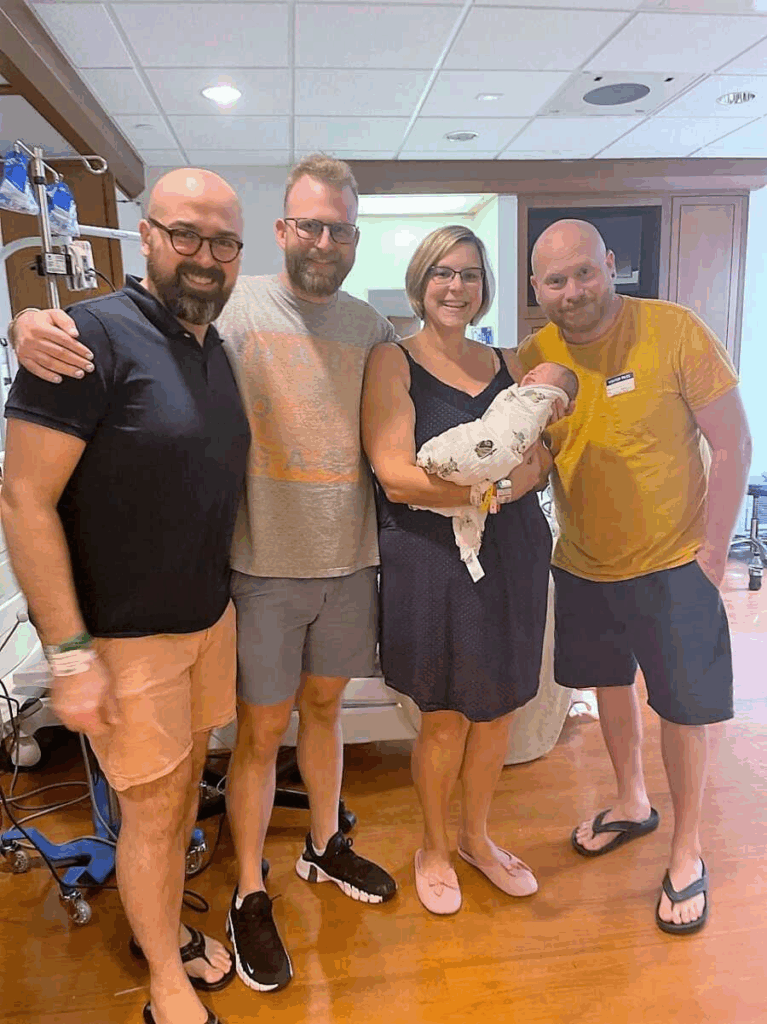
Andrew had his own room with his parents. She expressed colostrum, then pumped and shipped milk for three months after they flew home at four days old. She’d been vaccinated during pregnancy, another layer of protection for him. They’d agreed to keep in touch, and they did, with photos, calls, and a visit when he was a few months old. She loved him, missed his little flutters, and also never felt he belonged with her. “I was his home for nine months,” she says. “He had parents.”
The complex parts were genuine: daily injections, a pinched nerve, parenting two kids while very pregnant, and a surprisingly raw postpartum stretch where she cried every day for three weeks simply because she missed the presence she’d carried. Her husband was steady through it all. If her body allowed, she’d do it again in a heartbeat, but after three C-sections, she knew this was her last pregnancy. She retired from surrogacy feeling full, grateful, and changed. She shares her story to clear the fog. Surrogacy isn’t renting a womb or selling a baby. Careful, ethical, deeply considered work often arrives at the end of a long road of heartbreak. Adoption, donor embryos, IVF, there are many ways to make a family. This was theirs, and it was beautiful.
